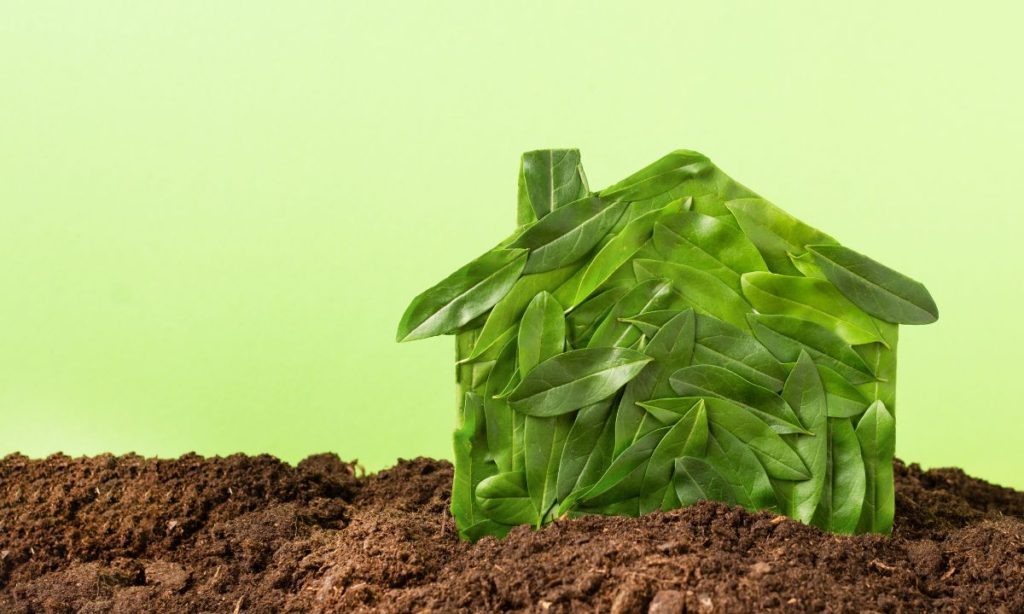 In recent years, the demand for eco-friendly living has surged, with more homebuyers seeking properties that are energy-efficient and environmentally conscious. This growing trend has given rise to eco-friendly mortgages, also known as green mortgages. These specialized loans offer financial incentives for purchasing or upgrading to energy-efficient homes, benefiting both buyers and the environment.
In recent years, the demand for eco-friendly living has surged, with more homebuyers seeking properties that are energy-efficient and environmentally conscious. This growing trend has given rise to eco-friendly mortgages, also known as green mortgages. These specialized loans offer financial incentives for purchasing or upgrading to energy-efficient homes, benefiting both buyers and the environment.
Understanding Eco-Friendly Mortgages
Eco-friendly mortgages are designed to support homeowners who prioritize energy efficiency and sustainability. They often come with various benefits, including lower interest rates, reduced down payments, or rebates for energy-efficient upgrades. Here’s a closer look at how these mortgages work:
- Types of Green Mortgages: There are several types of eco-friendly mortgages available. Some are specifically for buying energy-efficient homes, while others are for financing home improvements that increase energy efficiency. Common examples include Energy-Efficient Mortgages (EEMs) and Green Home Loans.
- Energy Efficiency Requirements: To qualify for a green mortgage, the property typically needs to meet specific energy efficiency criteria. This may involve energy audits, certifications like LEED (Leadership in Energy and Environmental Design), or meeting certain efficiency standards for appliances and insulation.
- Incentives and Benefits: Green mortgages often come with perks such as lower interest rates, reduced closing costs, or special financing options. These incentives are designed to make it more affordable for buyers to invest in energy-efficient homes or upgrades.
Benefits for Buyers
Eco-friendly mortgages offer numerous advantages for buyers:
- Lower Utility Bills: Energy-efficient homes are designed to reduce energy consumption, leading to lower utility bills. This can result in significant long-term savings, making the initial investment more worthwhile.
- Improved Home Value: Homes with energy-efficient features often have higher resale values. Investing in these upgrades can increase your property’s market value and attract environmentally-conscious buyers.
- Financial Savings: With lower interest rates or reduced closing costs, green mortgages can save buyers money upfront. Additionally, some programs offer rebates or incentives for making energy-efficient improvements, further reducing overall expenses.
Environmental Impact
Beyond the personal financial benefits, green mortgages contribute positively to the environment:
- Reduced Carbon Footprint: By supporting energy-efficient homes and improvements, green mortgages help lower greenhouse gas emissions. Energy-efficient homes consume less power, leading to a reduction in carbon emissions and a smaller environmental footprint.
- Sustainable Living: Promoting energy efficiency aligns with broader goals of sustainability and conservation. By encouraging homeowners to adopt eco-friendly practices, these mortgages help advance a greener future.
How to Get Started
If you’re interested in an eco-friendly mortgage, here are some steps to consider:
- Research Available Programs: Look into green mortgage programs offered by lenders, government agencies, or non-profit organizations. Each program may have different requirements and incentives, so find one that aligns with your goals.
- Get an Energy Audit: Before applying for a green mortgage, consider having an energy audit performed on the property. This audit will assess the home’s current energy efficiency and identify areas for improvement.
- Consult with a Mortgage Professional: Work with a mortgage advisor who has experience with green loans. They can guide you through the application process and help you understand the specific benefits and requirements.
Eco-friendly mortgages represent a significant step toward sustainable homeownership. By offering financial incentives for energy-efficient homes and upgrades, these loans benefit both buyers and the environment. Embracing green mortgages not only leads to personal financial savings but also contributes to a greener, more sustainable future.




Comments on this entry are closed.